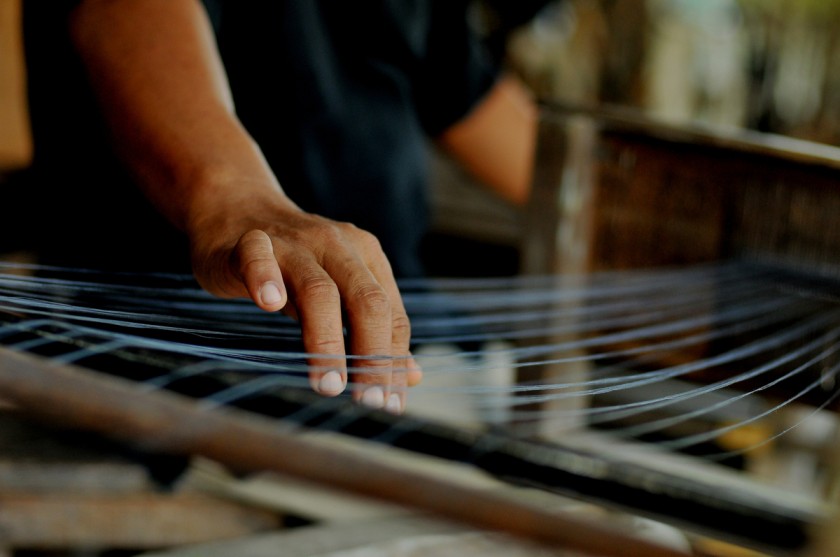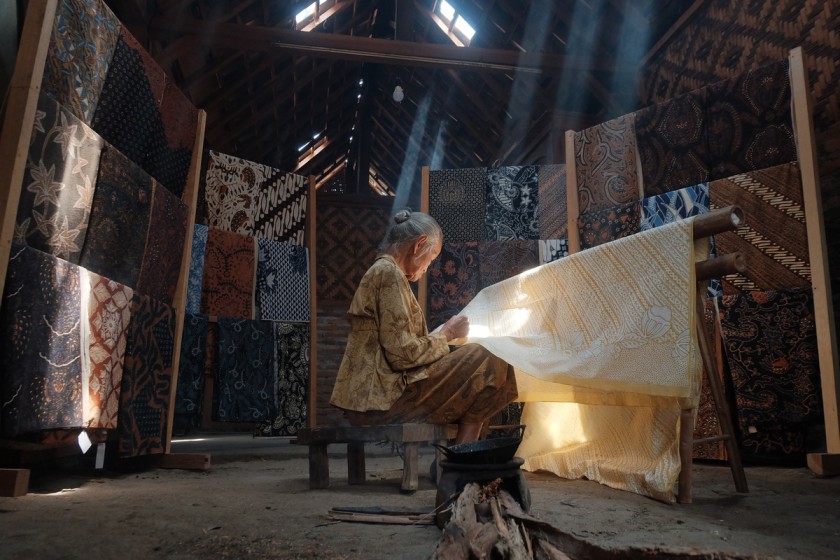A Case Study on Indonesia's Textile Industry surviving the Pandemic



The coronavirus's global health crisis is unlikely to significantly impact Indonesia's economy because the country is not heavily involved in the worldwide supply chain.
A case study reveals how Indonesia’s Clothing sector could withstand the spread of Covid-19. The Indonesian government and industry groups, which worked to safeguard the textile and apparel sector of the country, are also highlighted in this publication.
COVID-19 Supply Chain Disruptions In Indonesia.
The COVID-19 epidemic has posed significant obstacles to Indonesia’s Clothing sector, including a slowing global economy and decreased demand for cotton. It has resulted in decreased domestic demand and a corresponding decrease in output. Furthermore, the country's social distancing policies have made it difficult to attract new investors and export goods, endangering its survival.
COVID-19 has caused considerable disruptions in supply chain management, in addition to creating a significant fall in output. Many enterprises have stopped or curtailed their production processes, forcing employees to return home or hunt for employment. Furthermore, government limitations requiring licences have resulted in a reduction in overseas demand. Some garment companies have suspended production entirely as they struggle to satisfy protective equipment requirements.
The COVID-19 epidemic has also influenced human rights in Indonesia. According to the Indonesian Textile Association, the pandemic caused the layoff of over 1.5 million garment and footwear employees. The government expects that up to 70% of Indonesia's clothing and footwear industries will shut permanently due to cash-flow issues.
Coronavirus Pandemic Benefits Indonesian Textile Manufacturers

Textile companies in Indonesia benefit from the coronavirus pandemic because they can complete contracts put on hold in China due to the outbreak. Clothing firms throughout Asia have been forced to close their doors or send staff home due to quarantines and travel restrictions imposed by the coronavirus, which has interrupted supply lines tied to China. They must now address consumer value creation, product distribution, and how to adjust to a post-pandemic ‘new normal’. In this case study, we are looking at some Indonesian textile enterprises that effectively altered their development and survival strategies.
- Anne Patricia Sutanto, a textile and textile product maker in Indonesia, says the industry has witnessed a 10% rise in new domestic and international orders this year. According to the vice president and CEO, demand for their products grew by 20% in the second and third quarters.
- At the beginning of the year, the textile-to-garment company expected a 15% growth in sales. It was reported that orders at PT Sri Rejeki Isman, one of Southeast Asia's major integrated textile manufacturers, had risen by 15%. He claims that local clothing shops that sew for celebrities are the primary source of fresh orders for his business.
- This year's sales growth was unknown to Lukminto before the virus epidemic. The epidemic in Indonesia's textile sector, which employs more than 2 million people, has had little effect on local supply networks. Imported fibres and dye chemicals account for a minor portion of the industry's raw materials, according to Lukminto; businesses buy cotton from countries like Australia and the US, where tariffs have had little effect.
- Last year, Indonesia exported $13 billion worth of textiles to the United States and the Middle East. According to Sutanto, the passage of an Indonesia-Australia free trade agreement might increase textile sales this year.
According to industry players in Indonesia's textile sector, the country's hot environment is expected to limit the development of the virus.
Industrial Boost and Government Handouts to Combat COVID-19

The COVID-19 epidemic has wreaked havoc on Indonesia's textile industry. Due to the COVID-19 outbreak in Indonesia, the textile and apparel sectors have been compelled to make drastic changes to their business structures. The government has provided financial assistance to anybody who has lost their job due to the COVID-19 pandemic.
Customers' needs are changing, but the clothing industry isn't keeping up. Customer value creation, product distribution, and how to adapt to a post-pandemic ‘new normal’ are the topics being discussed today.
The Indonesian government has tackled COVID-19 and other disorders, but more has to be done. To defend itself from new textile import restrictions imposed by special interest groups, it must repeal existing ones. The COVID-19 outbreak is not the only thing putting strain on Indonesia's textile industry. For example, over 80% of raw materials used in Vietnam are imported. Indonesian textile exports have grown more competitive, at least in part, due to the country's tight regulations. The government has vowed to provide financial help to persons who have been laid off or have lost their jobs.
Pandemics, like COVID-19, have consequences not just for the government but also for the textile industry. The legal system, law enforcement, and interpersonal interactions are only a few examples. The COVID-19 outbreak has influenced the clothing industry and the rising global economy. One major cause of concern is that it had little impact on the manufacturing sector's economic performance.
Wrapping-up!
This case study investigated how the COVID-19 epidemic has impacted cooperatives in Indonesia. The effect of the outbreak on the operations of KSPs in Indonesia was analysed using literature and survey data. The areas of development that were studied were lower turnover and total savings, more loan applications, and fewer members. This research has proved beneficial to the country's textile and garment industry. Fashinza, the B2B clothing manufacturing platform, assists you with the case study Indonesia Clothing pulled through the Pandemic. Keep this case study handy for legal assistance and references!



















